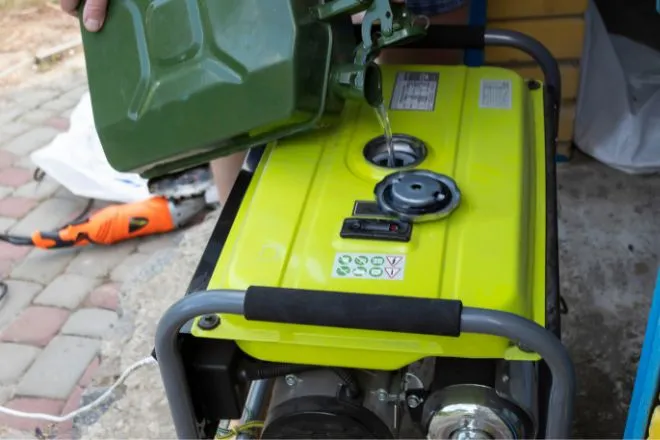
Ways Truck Drivers Can Prevent Cargo Damage
If you’re a truck driver, you know that one of the most important aspects of your job is to make sure your cargo arrives at its destination in the best condition possible. Knowing this, it’s important to stay up-to-date on all the ways you can keep your cargo safe. This article will go through the most effective ways truck drivers can prevent cargo damage to help you protect your driving reputation.
Avoid Driving in Serious Weather
Staying updated on the weather for your journey is an essential part of driving a truck. Not only do you need to adjust the way you drive based on the weather, but you also need to know when the weather will just be too much to handle. Be realistic about things such as heavy snowfall or rain and know your limits. Driving during these times can lead to serious cargo damage or even personal injuries.
Review the Bill of Lading
The bill of lading you get with a cargo load is a primer for how the cargo needs to be treated. There may even be certain considerations that you need to keep in mind written on the bill. These considerations could be:
- Certain routes that you must avoid or take
- Speed limitations while transporting the cargo
- Road conditions that are incompatible with transporting the cargo
Knowing these things can help you better understand what you’re transporting and how to handle its care.
Use Proper Cargo Securement
The use of proper cargo securement products is a crucial way that truck drivers can prevent damage to their cargo. Utilizing products such as full strapping systems or cargo load bars can help with delivering intact products. Without these, you run the risk of cargo shifting and falling during transit. This is dangerous both for the cargo and for your driving.
Do Cargo Checkups Beforehand
This is especially important if you yourself did not fill up the trailer you’re hauling. A proper check of the cargo before you hit the road is crucial to making sure you know what you’re hauling. It also can help you see problems in the shipment before they turn into problems on the road that you must deal with on the fly.
















